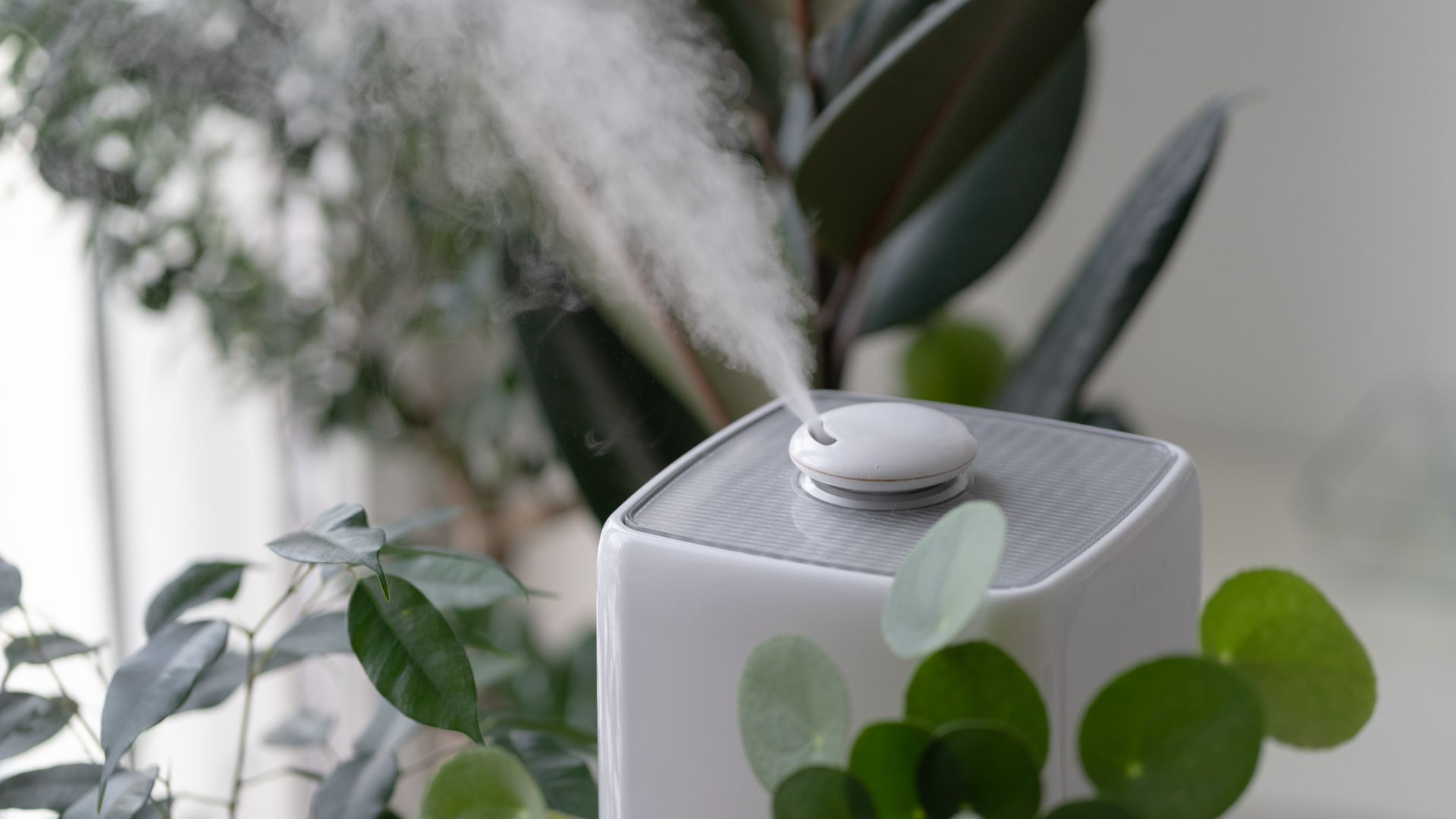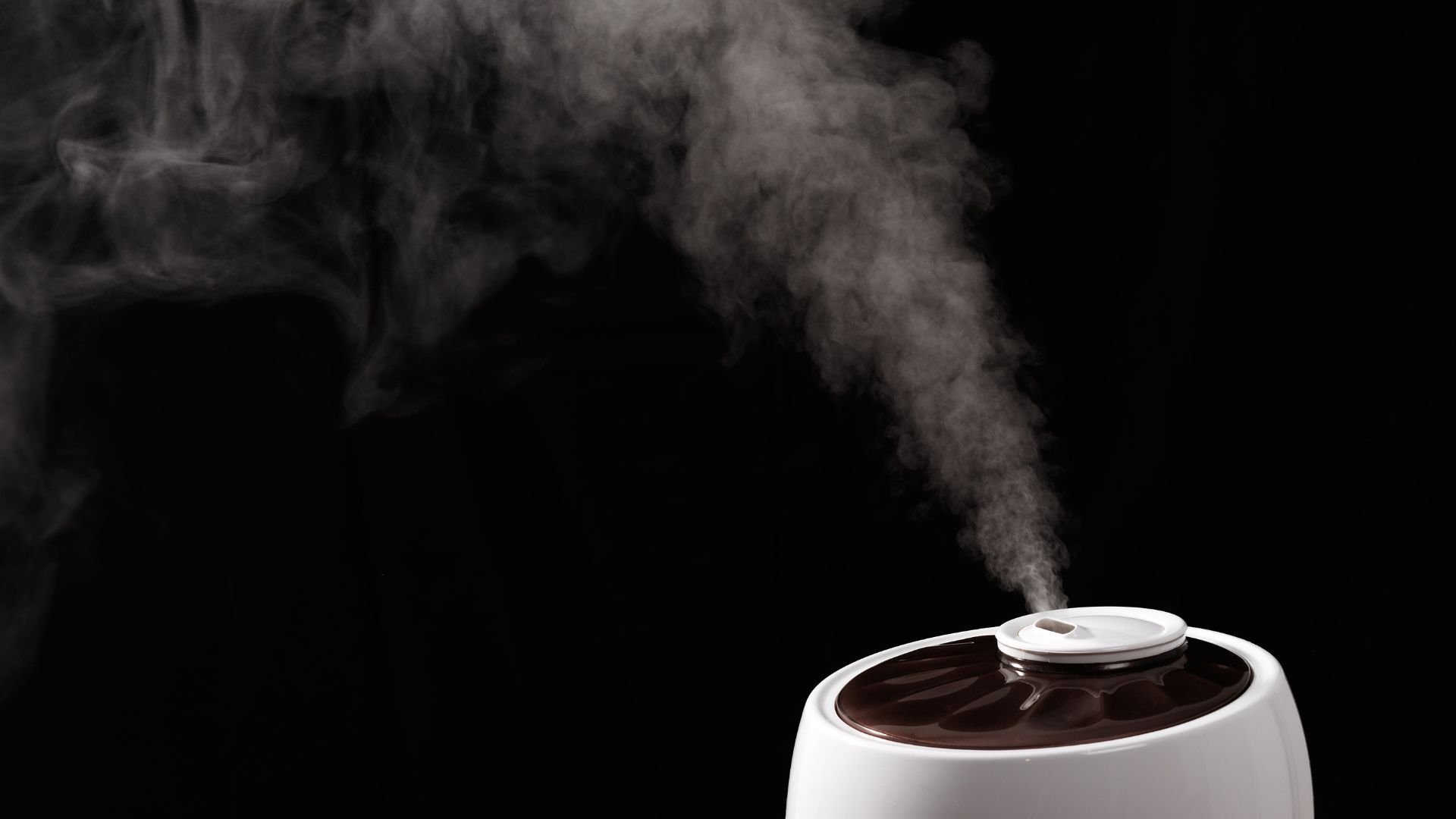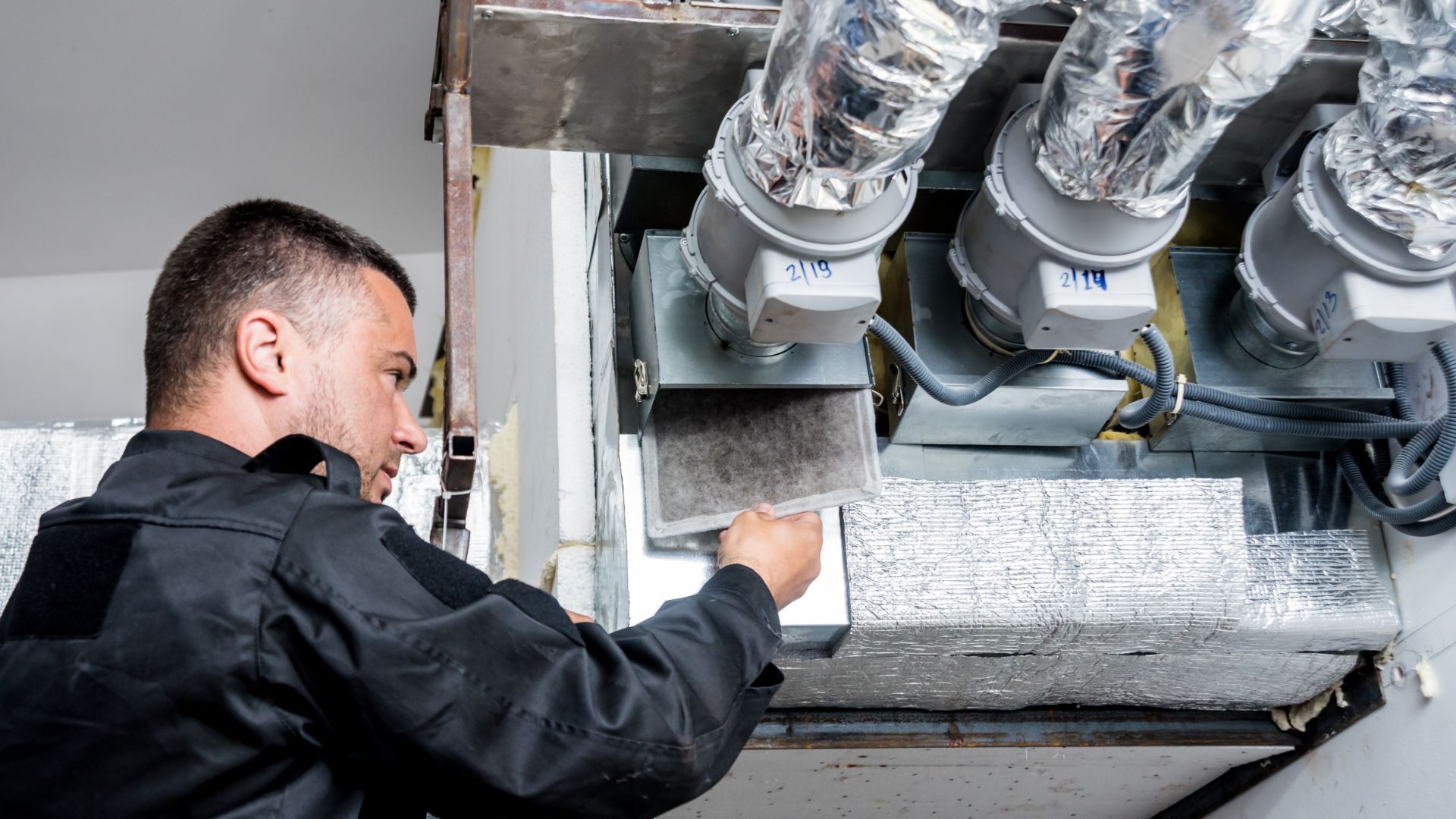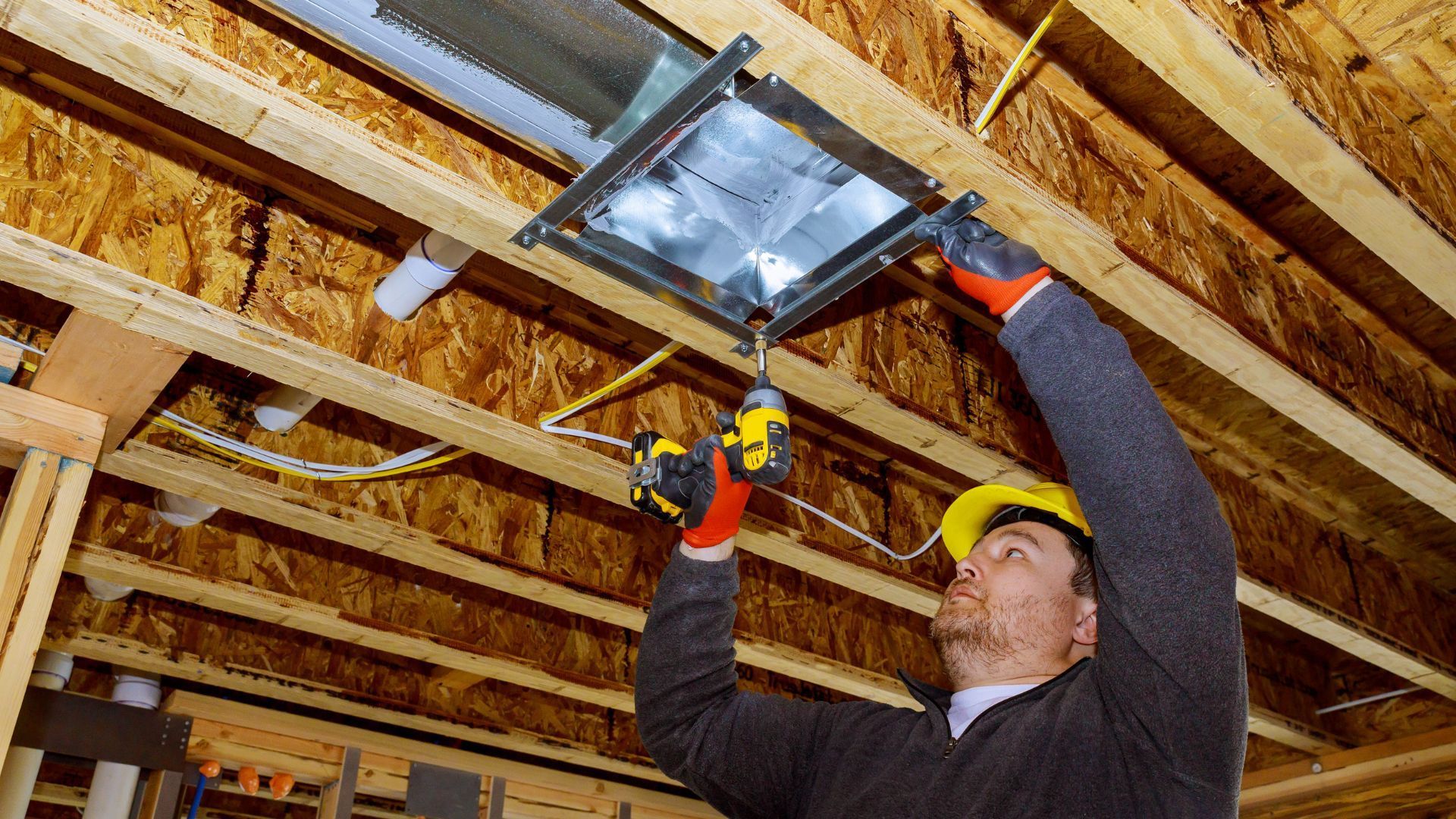Working Hours: Monday - Friday 08:00 AM - 04:30 PM
Is a Diffuser the Same as a Humidifier: Questions and Differences

In the quest for creating a cozy and healthy living space, many people turn to various devices to improve indoor air quality and ambiance. Two popular options that often cause confusion are diffusers and humidifiers.
While both serve unique purposes, they are not interchangeable. This article aims to clarify the differences between the two, helping you make an informed decision on which one suits your needs best.
What is a Diffuser?
A diffuser is an electronic device designed to disperse essential oils into the air, filling the room with pleasant aromas. By breaking down essential oils into tiny particles and releasing them in the air, diffusers create a calming and aromatic atmosphere. LSI Keywords: Essential oil diffuser, Aromatherapy diffuser, Ultrasonic diffuser, Nebulizing diffuser.
How Does a Diffuser Work?
A diffuser operates using various mechanisms, including ultrasonic technology, nebulization, or heat. The most common type is the ultrasonic diffuser, which emits a fine mist of water and essential oils through ultrasonic vibrations, ensuring the preservation of the oil's therapeutic properties.
Benefits of Using a Diffuser
- Aromatherapy
A diffuser can enhance relaxation, reduce stress, and improve mood through aromatherapy.
- Air Freshening
It helps eliminate unpleasant odors and improves the overall air quality in your home.
- Sleep Aid
Certain essential oils like lavender can promote better sleep and alleviate insomnia.
What is a Humidifier?
A humidifier, on the other hand, is a device that increases the moisture levels in the air to combat dryness in the environment. LSI Keywords: Room humidifier, Home humidifier, Whole-house humidifier, Cool-mist humidifier.
How Does a Humidifier Work?
Humidifiers work by dispersing water vapor into the air, which raises the humidity levels. They come in different types, such as cool-mist, warm-mist, and ultrasonic, each having its advantages and limitations.
Benefits of Using a Humidifier
Relief from Dry Air
A humidifier can alleviate dry skin, dry throat, and respiratory issues caused by low humidity levels.
- Enhanced Indoor Comfort
Optimal humidity levels make the indoor environment more comfortable, especially during winter.
- Protects Furniture
Proper humidity prevents wood furniture from cracking due to excessive dryness.
Is a Diffuser the Same as a Humidifier?
No, a diffuser is not the same as a humidifier. Though both devices contribute to improving indoor air quality, they serve different primary purposes.
Key Differences Between a Diffuser and a Humidifier
Diffuser
- Aromatherapy and fragrance
- Dispersion of essential oils
- Promotes relaxation and mood
- Living rooms, bedrooms, spas
- Regular cleaning of the tank
Humidifier
- Increasing indoor humidity
- Dispersing water vapor
- Alleviates dryness-related issues
- Dry and arid climates
- Regular refilling and cleaning
Advantages of Using a Diffuser
- Therapeutic Benefits
Essential oils have various therapeutic properties that can positively impact mental and emotional well-being.
Customizable Fragrances
You can mix and match essential oils to create personalized aromas for different moods and occasions.
- Stylish Decor Piece
Many diffusers come in elegant designs, doubling as decorative items for your living spaces.
- Advantages of Using a Humidifier
Improved Respiratory Health: Proper humidity levels can help alleviate respiratory issues such as sinus congestion and allergies.
- Healthy Skin
Adequate humidity prevents dry skin and keeps it hydrated and moisturized.
- Prolongs Furniture Life
Humidifiers maintain the ideal moisture level, preserving wooden furniture and preventing cracks.
FAQs
Q: Can I use a diffuser with just water and no essential oils?
A: Yes, you can use a diffuser with just water, and it will act as a humidifier. However, it won't release any fragrance without essential oils.
Q: Can I use a humidifier with essential oils?
A: It's not recommended to add essential oils to a humidifier, as they can clog the machine and damage its components. Use a diffuser for aromatherapy.
Q: Which essential oils are best for relaxation and sleep?
A: Lavender, chamomile, and ylang-ylang are excellent essential oils known for their calming and sleep-inducing properties.
Q: Are there any safety concerns when using diffusers?
A: Always follow the manufacturer's instructions and use essential oils in recommended quantities to ensure safe usage.
Q: How often should I clean my humidifier?
A: It's best to clean your humidifier once a week to prevent the growth of mold and bacteria.
Q: Can a humidifier be used during the summer?
A: Yes, a humidifier can be used during the summer to combat dry indoor air caused by air conditioning.
Conclusion
In conclusion, while both diffusers and humidifiers contribute to enhancing the indoor environment, they serve distinct purposes. Diffusers are primarily used for aromatherapy and adding pleasant fragrances to the air, while humidifiers focus on increasing indoor humidity to alleviate dryness-related issues. Understanding these differences will help you choose the right device to create a comfortable and harmonious living space.
So, the next time you're looking to improve the ambiance in your home, ask yourself, "Is a diffuser the same as a humidifier?" Armed with the knowledge from this article, you'll be able to confidently make the right decision for your specific needs.
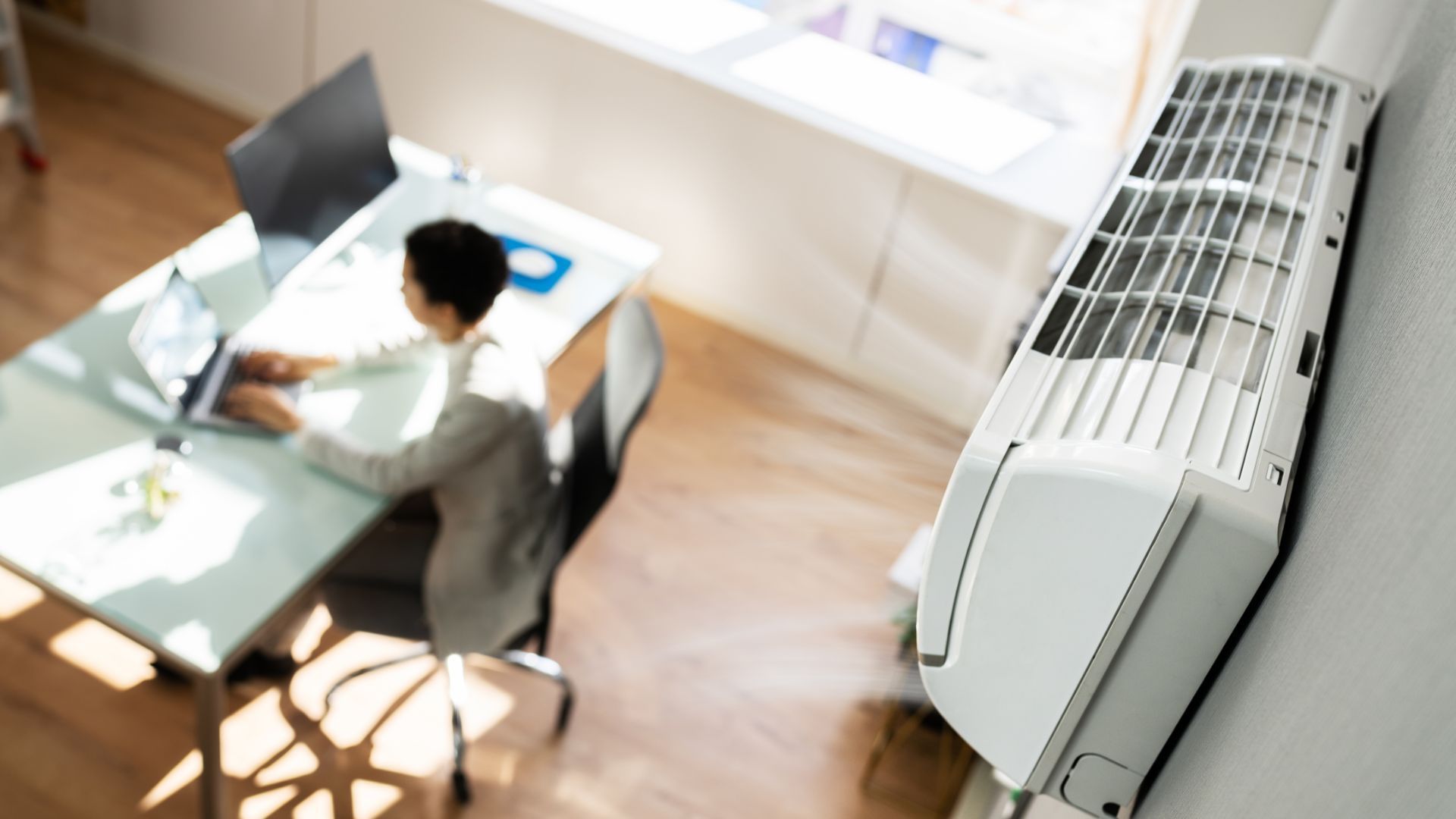
INFORMATION
176 Rectory St, London, ON N5Z 2A5, Canada
Follow us on Facebook
BROWSE OUR WEBSITE
EMERGENCY SERVICE

